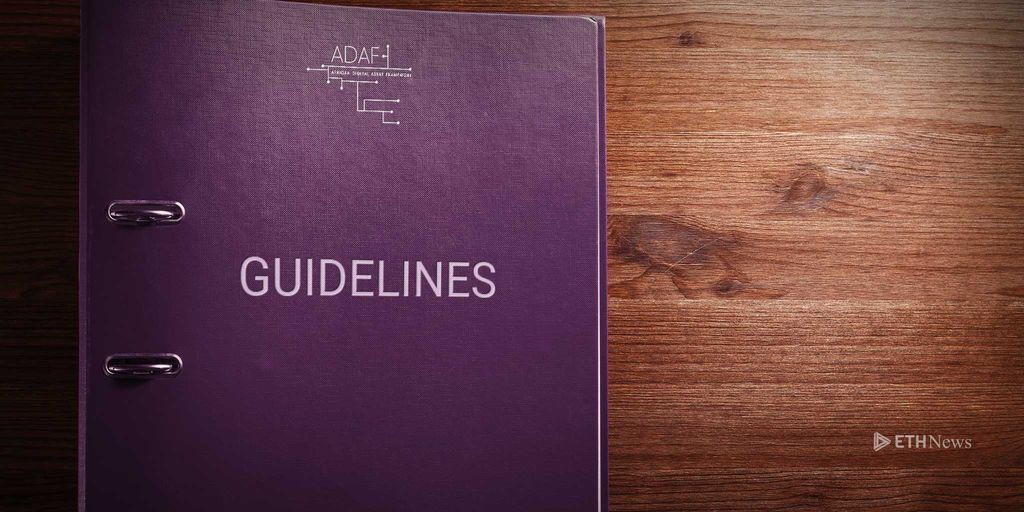If you’re feeling iffy about ICOs and STOs, the ADAF provides the 4-1-1 on how to give some TLC to your TGEs.
The African Digital Asset Framework (ADAF) has published “version 0.1” of a set of guidelines meant to provide “an evolving framework of minimum standards for consumers, policymakers, and entrepreneurs” to follow when participating in or evaluating ICOs. With the guidelines released, ADAF, a project working to establish legal and technical standards to support digital trade throughout the continent, will now begin collecting input from its community members to help shape future drafts.
In a separate Medium post, the organization explains that its community chose to call ICOs “by their actual purpose,” settling on the term “token generation event” (TGE), which is used throughout the published guidelines. The guidelines were put together by 17 companies within ADAF’s community, representing 14 different countries.
In the actual guidelines, the organization clarifies that the document is not meant to be read as constituting any legal advice or executable law. Instead, ADAF is hoping to build an evolving framework to communicate how TGEs should operate and how investors should go about evaluating investment opportunities in a way that helps improve the TGE environment.
As mentioned, the guidelines focus on what policies should be in place for companies that want to hold a TGE and what should be expected of an investor before doling out any money. Above all, for those looking to hold a TGE, the ADAF recommends becoming familiar with securities regulations, specifically whether the TGE can be classified as the sale of a security to the public. Helpfully, the ADAF’s guidelines even link to a rubric created by Coinbase that is to be used for “evaluating and assessing whether a TGE can be characterized as an unregistered sale of securities to the public.” Though Coinbase‘s rubric is based on the parameters set up in the Howey Test, meaning it was written with US securities laws in mind, the ADAF believes the rubric is still useful to any companies looking to determine their TGE’s liability to securities regulators.
Much of the ADAF guidelines place the onus on the investor to be diligent in their research before investing in a TGE. The organization suggests researching the corporate structuring of the company holding the TGE, checking out any social media channels, and avoiding TGEs that do not have any know-your-customer (KYC) and anti-money laundering (AML) processes. The ADAF emphasizes the importance of implementing KYC and AML processes, not only to protect investors, but also to help companies ensure they are taking in funds that are “identifiable and legal.”
The guidelines provide a link to a Google doc that the ADAF hopes its community members will edit and add to for future drafts; TGE standards version 0.2 is slotted for publication on June 15. The separate Medium post also states that the organization is working on creating standards for a land titling system using EDCCs (aka smart contracts).
Nicholas Ruggieri studied English with an emphasis in creative writing at the University of Nevada, Reno. When he’s not quoting Vines at anyone who’s willing to listen, you’ll find him listening to too many podcasts, reading too many books, and crocheting too many sweaters for his dogs, RT and Peterman.
ETHNews is committed to its Editorial Policy
Like what you read? Follow us on Twitter @ETHNews_ to receive the latest African Digital Asset Framework, ADAF or other Ethereum world news.
Source: Crypto New Media





